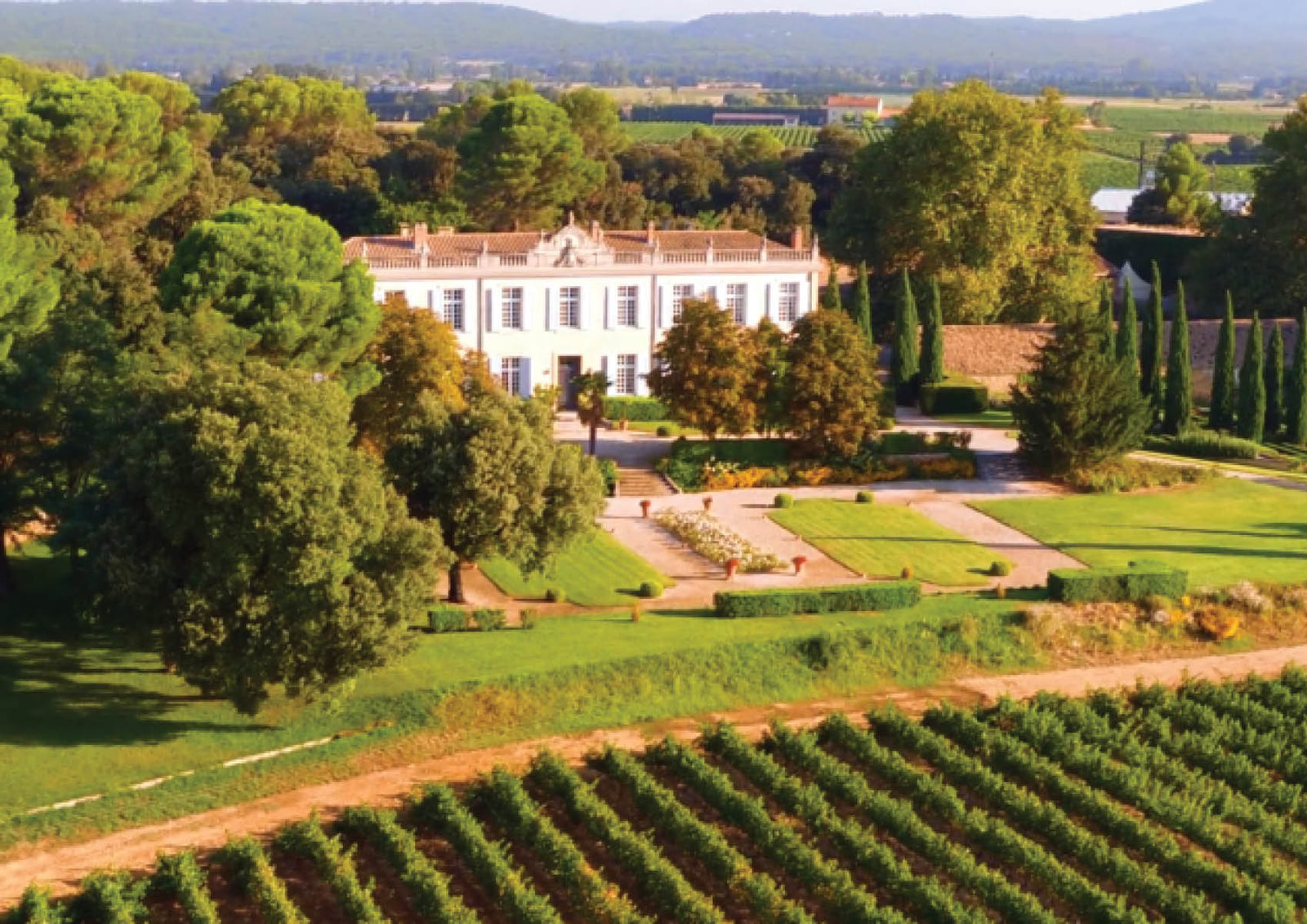Your Cart is Empty
I buy almost all of my wine at Whelehans and the service, help and expertise of the staff is excellent. Also beside each wine is information as to it's grape(s) variety, country of origin and sometimes a comment from a member of staff which is so helpful. I do have a few favourites that I purchase every time including the Rioja below. Altogether buying my wine at Whelehans is always a happy and enjoyable experience!
Very nice white wine. I enjoyed it both ways. Simply having a glass with friends while we chatted and equally well while eating a lovely meal with my husband. Subtle on the pallet and no sharp after aftertaste. I wish people would tell you that! Would highly recommend. Enjoy...drink sensibly.
I placed two orders for delivery but needed extra help with the delivery as I have a disability and limited mobility and need to get my order to my front door constant the support email address got a response very quickly and the order arrived at my doorstep as a I need great staff
Enjoying it here with no corkage charge at Keshk, excellent Mediterranean food.






